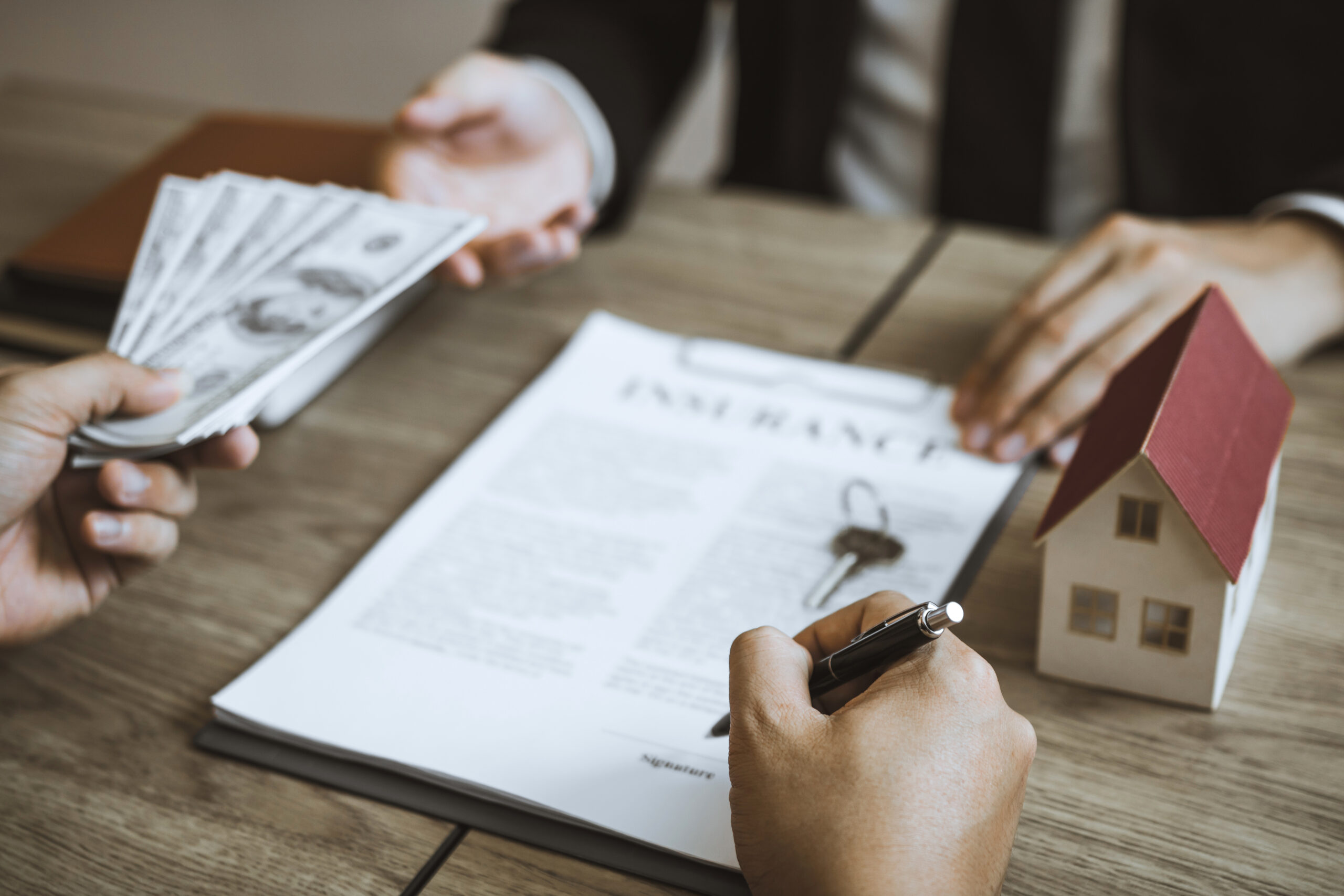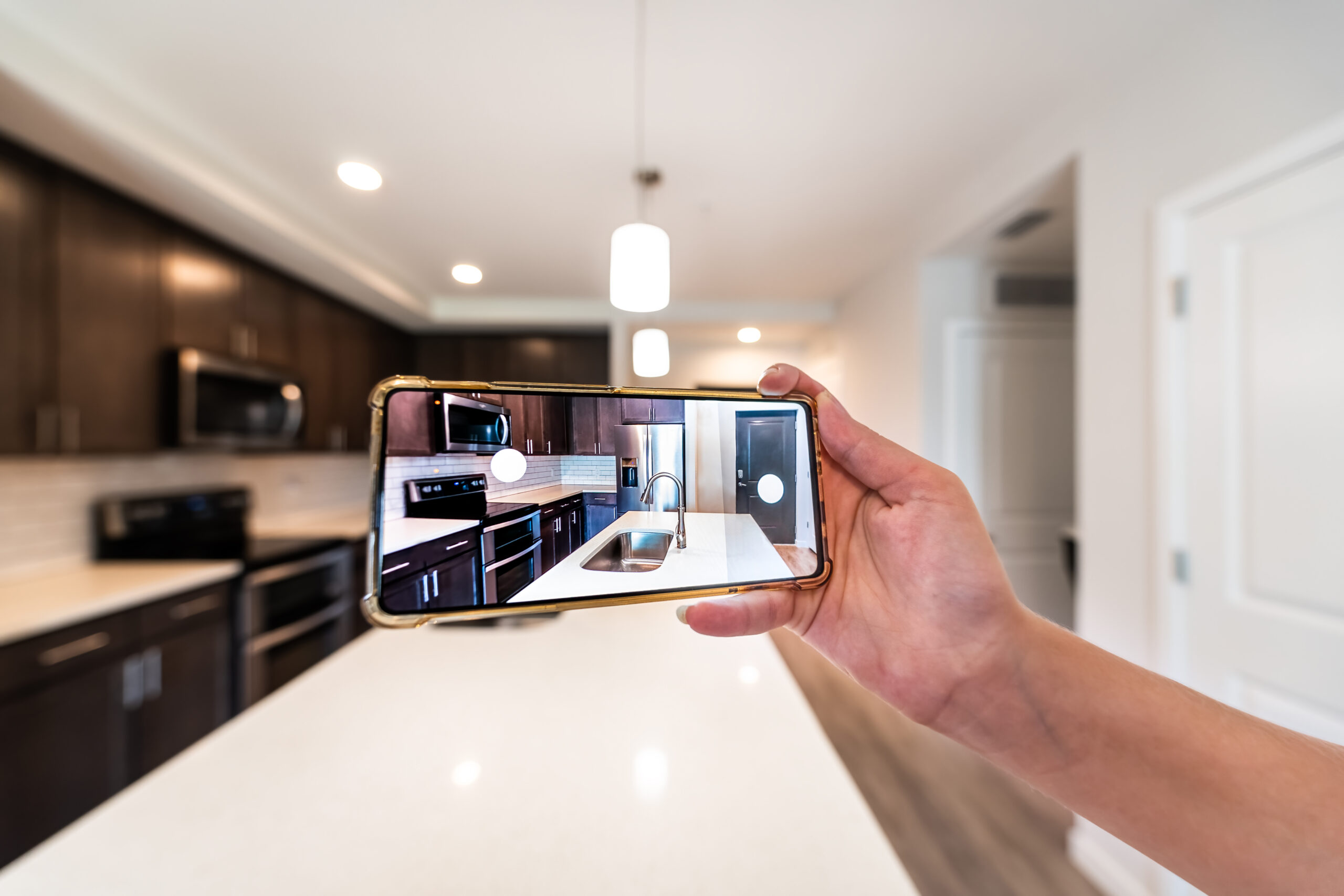A security deposit for an apartment is a payment made to your new property manager or landlord prior to moving in. Usually this deposit is refundable when you move out. However, you have to uphold your end of the lease agreement to get your deposit back in full.
So, what can cause you to lose your security deposit? For the exact answer, you’ll need to review your lease document. However, there are some general answers to this question and ones related to it. Read on for some common questions and answers regarding security deposits.

What Is a Security Deposit for an Apartment?
A security deposit payment marks the beginning of your lease on a new home. The deposit for an apartment is usually equal to one month’s rent, but it can vary depending on the circumstances. In rare cases, a landlord may ask for two months’ rent as a security deposit.
The landlord keeps your security deposit for the length of the lease. After you move out, the landlord will return the deposit to you in part or full, depending on the types of repairs needed in the apartment. In cases of extreme damage, you may not get a security deposit refund at all.
The laws about security deposits vary state by state, but in Virginia, a landlord cannot ask for more than two months’ rent as a security deposit. Furthermore, a landlord cannot take longer than 45 days to return it after a resident moves out. Check your state’s laws about security deposits to make sure you know what you understand your rights as well as those of your landlord.
What Does a Security Deposit Cover?
Security deposits cover potential expenses that your landlord might incur as a result of your actions or inactions. They are often used to repair the apartment between residents. If you keep your apartment in good condition, your landlord will not have to use the security deposit for any repairs.
As a result, you’re likely to have it returned to you at the end of your lease. This is not guaranteed though; again, always check the terms of your lease agreement for a concrete answer.
Security deposits are also designed to cover unpaid rent if you break your lease and leave the apartment early. Providing your landlord with a portion of their lost income while they search for a new renter.
When Do You Pay a Security Deposit for an Apartment?

You’ll need to pay your security deposit before you move into the apartment. Typically, you’ll make the payment sometime after you sign the lease up until the time you pay the first month’s rent. Most landlords require your rent and security deposit to be paid in full before giving you the keys to the apartment.
Be sure to check with them to see what payment methods they accept. Many landlords today accept credit or debit card payments and allow you to pay online. However, some may require you to pay with a check in person.
It’s helpful to save up for your security deposit before starting your apartment search. This way, you won’t have any unexpected costs to watch out for once you sign your lease.
How to Get Your Security Deposit Back
If you’ve recently ended your lease, you might be wondering how to get your security deposit back. Proactively communicating with your landlord can help you figure out when and if your security deposit will be returned to you.
Depending on your lease terms, you’ll likely need to give your landlord 30 to 60 days’ notice before moving out. If your lease doesn’t give much detail on the security deposit, ask your landlord how to get your security deposit back when you provide your notice.
This is also a great time to provide your forwarding address. Some landlords return deposits automatically through their online rent payment systems, while others may require you to pick up a check in person and still others may mail it to you.
You won’t receive your security deposit until after you’ve moved out and the landlord has a chance to inspect and clean your apartment. If you haven’t received your security deposit after two weeks, don’t hesitate to get in touch with your landlord and confirm the timeline.
Your landlord may withhold all or part of your security deposit, depending on the condition your apartment is in. If this happens, ask for a list detailing the damages and how your security deposit was used.
Ideally, you’ll have taken photos of your apartment’s condition when you first moved in. When you move out, take photos again. This way you’ll have proof that it wasn’t your fault if something was damaged before you moved into the apartment.

How Long Does it Take To Get Your Security Deposit Back?
In Maryland and Virginia, landlords have up to 45 days to return your security deposit after you’ve moved out. In many cases, you’ll be able to get your security deposit back faster by communicating with your landlord.
Make sure your landlord has your phone number, email address and a forwarding address before you move out. This way, they’ll know exactly where to send your refund.
What Can Cause You To Lose Your Security Deposit?
The biggest reason renters don’t get their security deposit back is damage to the apartment beyond normal wear and tear. In this case, your landlord will need to use money from your security deposit for cleaning or repairs.
You might also lose your security deposit if you have unpaid rent or utility bills when you move out. Your landlord will pull from the security deposit to cover these debts. Make sure you’re up to date on all apartment-related payments before you move out to prevent this.
Rent Your Next Home with Southern Management
Looking for a new apartment in the Washington, D.C. or Baltimore metro areas? Southern Management has your back. With communities throughout the DMV area, we’re here to help you find a new place to call home. Explore our apartment communities throughout the area and contact us today to learn more or schedule a tour.